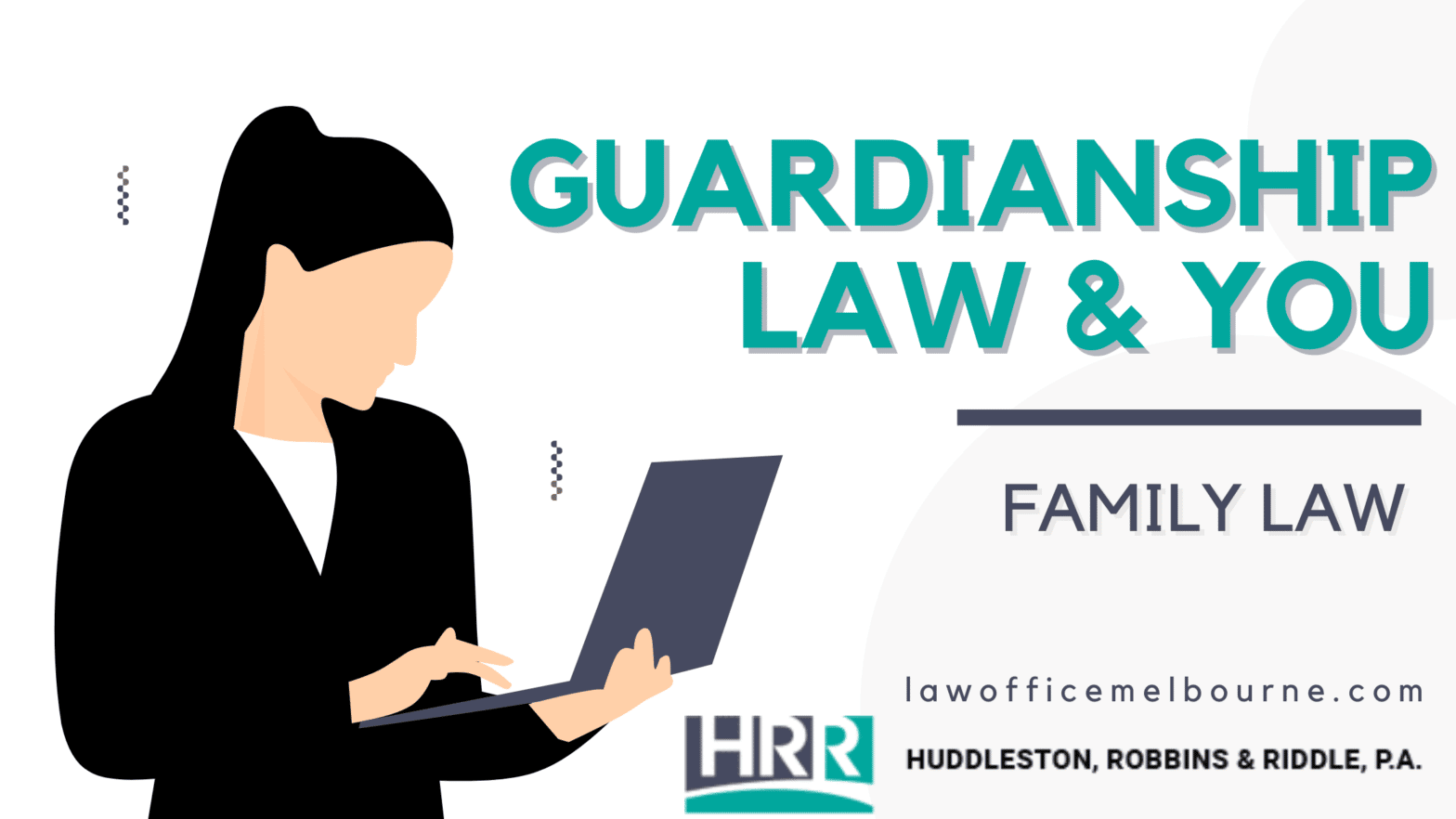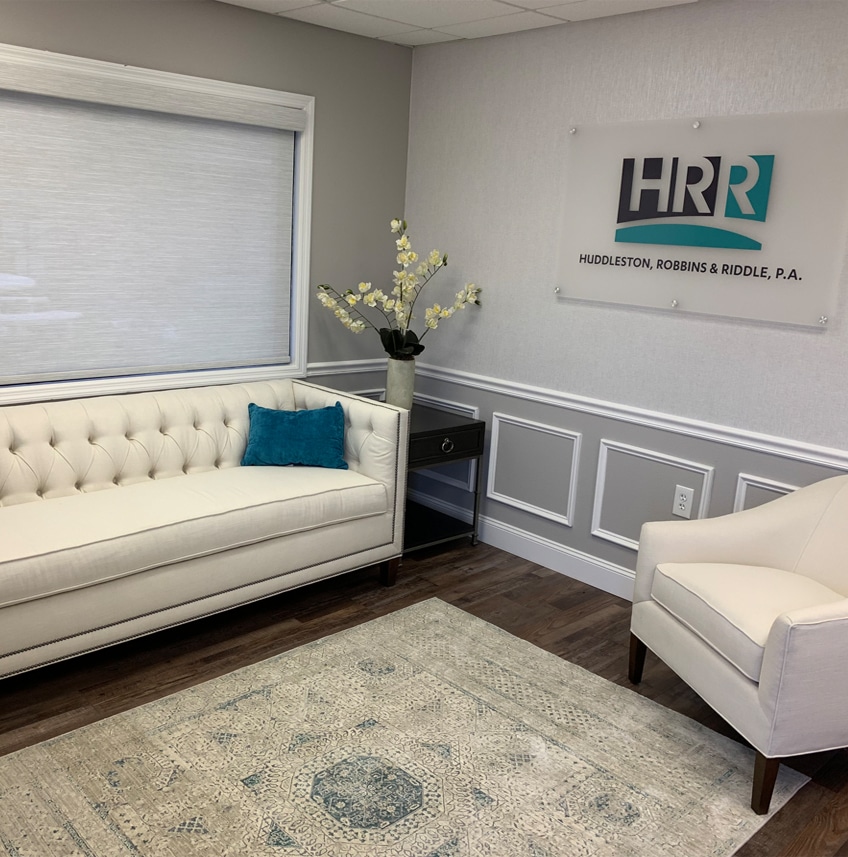Guardianship Law & You

Category: Guardianship Law
- 14 Jul 2022
- Posted By WebSiteAdmin
Introduction
If you’re concerned about a loved one and the decisions they’re making, and want to ensure their protection, you may want to consider being their guardian. Having a guardian might mean that an individual will be able to live in their own home when it’s safe for them. A state court can also appoint a guardian for an individual who is mentally disabled or incapacitated. Family members often want to be guardians when someone has a disability that prevents the person from making their own decisions. When a person is incapable of making sound decisions about their finances, the court may appoint someone as their financial guardian or conservator. In general, courts try to keep families together and allow individuals to make independent decisions whenever possible
If you’re concerned about a loved one and the decisions they’re making, and want to ensure their protection, you may want to consider being their guardian.
If you’re concerned about a loved one and the decisions they’re making, and want to ensure their protection, you may want to consider being their guardian. Guardians are individuals appointed by the court to represent another person’s best interests due to mental or physical disability. This can be done through a conservator or a limited guardianship.
If you don’t think your loved one will want to be appointed as your guardian, ask the court for an order that gives you the authority over their finances and property so that they will no longer have access to them (their “estate”).
You can also be a guardian for an individual who is mentally disabled or incapacitated if:
- You are related by blood or marriage;
- You have cared for this person before; and/or
- You share similar values with this individual
Having a guardian might mean that an individual will be able to live in their own home when it’s safe for them.
If you’re appointed a guardian, you can help your loved one make decisions about their medical care and finances. If they are no longer able to live independently, you may be able to keep them safe in their own home for as long as possible by helping with things like paying bills and caring for the property.
If an individual is living alone but has lost capacity to make certain decisions on their own due to dementia or another condition, having a guardian can help them live safely in their own home until it’s no longer safe for them or the court decides that they need more specialized care. Guardianship involves making sure that an individual has access to appropriate housing and personal care services so that they are able-bodied enough for day-to-day activities like cooking meals and cleaning up after themselves (if possible). A guardian also helps ensure that any medications needed on a regular basis get taken properly according to physician instructions—this way there’s less risk of overdosing because of accidents or misuse when someone isn’t quite capable of doing these tasks themselves anymore due simply out normal aging process.”
A state court can also appoint a guardian for an individual who is mentally disabled or incapacitated.
A state court can also appoint a guardian for an individual who is mentally disabled or incapacitated. The person who is appointed as the legal guardian does not have to be related to the person being protected, but must be 18 years old or older and mentally competent. Guardianship duties generally include managing property and making decisions about medical care, housing and personal finances on behalf of the ward (the person being protected).
Family members often want to be guardians when someone has a disability that prevents the person from making their own decisions.
When someone has a disability that prevents them from making their own decisions, it’s usually best for the person to have a guardian. A guardian is appointed by a judge and makes all medical, financial and other legal decisions on behalf of the person with a disability.
Guardianship can be an expensive process: There are fees to file court papers, hire attorneys and pay for medical examinations. The person who needs a guardian must have enough money left after paying for their care—including any long-term home care if needed—to pay these fees out of pocket or through Medicaid planning dollars that were set aside earlier in life (known as estate planning).
The court will review whether the proposed guardian is suitable to serve your loved one’s needs before they are appointed as his or her conservator
When a person is incapable of making sound decisions about their finances, the court may appoint someone as their financial guardian or conservator.
If you are the closest relative of an individual, or if you are the person who is most suited to make decisions on behalf of the individual, then you may be appointed as a financial guardian or conservator. As a financial guardian or conservator, you will have authority over all aspects of their finances so as to ensure that they are properly managed.
As with any other court proceeding, there can be several factors that go into determining whether someone should be appointed in this capacity. The court will weigh various factors such as:
- The need for protection;
- Whether there is another suitable person available who would better serve to protect the individual’s interests; and
- Whether there is any other reason why it would not be in their best interest for this person to act as their representative
In general, courts try to keep families together and allow individuals to make independent decisions whenever possible.
In general, courts try to keep families together and allow individuals to make independent decisions whenever possible. However, there are times when a court will appoint a guardian or conservator for an individual who is unable to make decisions for themselves. This can happen if the person is in jail or prison, has been committed to a mental health facility, or has been found by the court not competent to manage their own affairs due to physical disability or illness.
A guardian or conservator may be appointed by the judge if it has been determined that the person lacks capacity because of age (minors), mental illness (mentally incompetent), physical incapacity (inability to walk without assistance) and/or chronic alcohol abuse (alcoholism).
Asking the court to appoint a conservator or guardian can be in your loved one’s best interest.
If your loved one is unable to make decisions in his or her best interest and you can’t help them, the court may appoint a conservator or guardian. A conservator controls and manages the finances of an adult who is no longer able to do so. A guardian controls and manages the personal affairs of an adult who is no longer able to do so.
If you believe that one of these options would be helpful for your family member or friend, speak to an experienced lawyer about how he or she can help protect him-or herself from financial predators who might take advantage of his lack of ability to manage his own money.
Conclusion
If you’re concerned about a loved one and the decisions they’re making, and want to ensure their protection, you may want to consider being their guardian. Having a guardian might mean that an individual will be able to live in their own home when it’s safe for them. A state court can also appoint a guardian for an individual who is mentally disabled or incapacitated. Family members often want to be guardians when someone has a disability that prevents the person from making their own decisions. When a person is incapable of making sound decisions about their finances, the court may appoint someone as their financial guardian or conservator.
Contact us today for a free consultation or read more about guardianship law.








